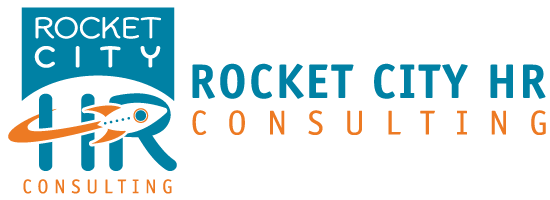In our busy schedules, it may seem impractical to squeeze in time for regular, meaningful check-ins with our employees, but with the high cost of employee turnover (one and a half to two times an employee’s salary), you may think twice. In a 2023 nationally representative study conducted by Gallup, a stunning 42 percent of employee turnover was found to be preventable.
Of the 717 employees who voluntarily left an employer within the previous 12 months, nearly half indicated that no one in management had discussed their job satisfaction, performance, or future with the company within 3 months prior to their exit. When polled on what reasons they might have stayed, 70 percent indicated reasons directly related to how they’re managed on a daily basis. Some reasons included creating more positive interactions with their manager, addressing frustrating organizational issues, creating opportunities for career advancement, or improving workload concerns, all of which could have been discussed had the opportunity presented itself. What does this mean for the employees that remain? If feedback is not regularly provided to or solicited from employees, it impacts employee performance, team morale, and, ultimately, the ability of the organization to achieve its objectives.
While it is common for employees to receive an annual evaluation, it isn’t enough. To improve engagement, performance, and retention, feedback must be given regularly. Gallup data shows that 80 percent of employees who receive weekly feedback are fully engaged. Further, it provides continued clarity on performance goals and objectives, which employees are then 3.6 times more likely to strive to achieve. In addition to giving feedback regularly, it should be given timely, with specificity, and in the manner that will best help improve performance. In the aftermath of a large event or presentation, immediate feedback either rewards and recognizes the employee’s achievement, or offers ways to help improve and correct problems. Additionally, specifying that an employee exceeded their goal by 10 percent is more motivating than generic praise, such as “you’re doing a great job.”
Just as we give employee feedback to improve retention and performance, we should regularly ask our employees for their feedback for the same reasons. In a recent edition of SHRM’s WorkplaceTech Spotlight series, Trevor Schachner explored the idea of real-time organic feedback, which aims to equip leaders with real-time insights to recognize problems early and take corrective action. The key here is to ensure a workplace of psychological safety, in which employees feel comfortable giving input without fear of repercussions or defensiveness on the part of management. There should also be an actionable response to employee feedback or at least transparency in what leaders can attempt to achieve. Otherwise, employee trust and morale will suffer, leading to employee disengagement and turnover.
However hard it may seem to find the time, having meaningful, two-way conversations with employees is essential. Fast feedback, which is quick and frequent, is more meaningful than simply engaging in the pre-work of rating employees in preparation for a traditional annual performance review, or waiting for the “right time.” Feedback loses its effectiveness when delivered months after a work deliverable. By cultivating a culture where feedback is frequently exchanged, you will reap the collective benefits of improved employee job satisfaction, engagement, and retention.
Sources:
- SHRM Labs – Improving Employee Retention through Real-Time Organic Feedback
https://www.shrm.org/labs/resources/improving-employee-retention-through-real-time-organic-feedback - Gallup Workplace – 42% of Employee Turnover is Preventable but Often Ignored
https://www.gallup.com/workplace/646538/employee-turnover-preventable-often-ignored.aspx - Gallup Workplace – How Effective Feedback Fuels Performance
https://www.gallup.com/workplace/357764/fast-feedback-fuels-performance.aspx - OPM – Feedback is Critical to Improving Performance
https://www.opm.gov/policy-data-oversight/performance-management/performance-management-cycle/monitoring/feedback-is-critical-to-improving-performance/
By Jennifer Durham, SHRM-SCP







